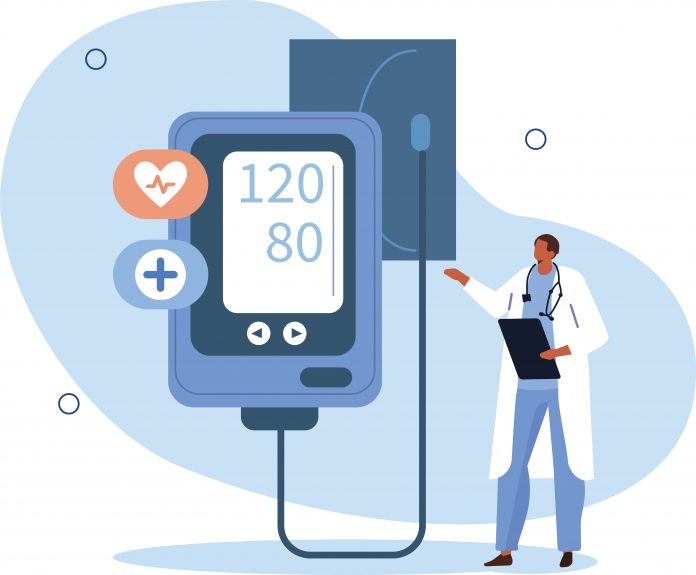
An analysis of a large trove of whole genome sequencing (WGS) data has shown that pharmacogenetic testing could be very valuable for most cancer patients taking even one of five common oncology drugs. The researchers found 62.7% of patients in the study had a genetic change that increased their risk of adverse drug reactions when treated with one of five drugs.
The study appeared in the Journal of Clinical Oncology. The lead author is Ivone U.S. Leong, PhD, of Genomics England.
The data was from participants in the 100,000 Genomes Project, a landmark study led by Genomics England in partnership with the NHS Genomics, which started by sequencing 100,000 genomes from around 85,000 NHS patients affected by rare disease or cancer.
Germline WGS from 76,805 participants was analyzed for pharmacogenetic (PGx) variants in four genes (DPYD, NUDT15, TPMT, UGT1A1) associated with toxicity induced by five drugs used in cancer treatment (capecitabine, fluorouracil, mercaptopurine, thioguanine, irinotecan).
Linking genomic data with prescribing and hospital incidence records, a phenome-wide association study (PheWAS) was performed to identify whether phenotypes indicative of adverse drug reactions (ADRs) were enriched in drug-exposed individuals with the relevant PGx variants. In a subset of 7,081 patients with cancer, DPYD variants were reported back to clinicians and outcomes were collected.
In this study, 62.7% of patients had a genetic change that increased their risk of adverse drug reactions when treated with one of the five cancer drugs. For each drug, researchers found that 6–10% of patients could benefit from either a reduced dose or different medication altogether.
The researchers write: “Based on the annual number of prescriptions issued of these drugs in England, that means over 14,500 patients each year could benefit from a reduced dose or alternative medication.”
Pharmacogenetic analyses have revealed that almost all individuals have genetic variation that will result in an abnormal drug response or require a dose adjustment to at least one drug. Several, largely academic, health care providers now routinely screen for such pharmacogenetic variants and use this information to guide prescribing.
These researchers write, “Identifying key patient groups that would benefit most and designing testing strategies that fit within current health care pathways could help address key implementation challenges and questions, such as cost-effectiveness, how and when to test, ethics, and education. PGx implementation could be particularly beneficial to patients with cancer, where treatment calibration for timely and effective treatment is crucial, but drug-induced toxicity can often delay or prevent treatment.”
A well-established case involves genetic variation in the DPYD gene encoding dihydropyrimidine dehydrogenase, with severe, and sometimes even fatal, fluoropyrimidine-induced toxicity. Approximately 10–30% of patients receiving fluorouracil (FU) experience grade 3–4 toxicity (with a mortality rate of 0.5%) and 19% of severe toxicity cases can be explained by one of three underlying DPYD variants. Treating patients who have DPYD variants that confer no enzyme function with a 50% dose reduction can significantly reduce their relative risk of developing severe toxicity.









